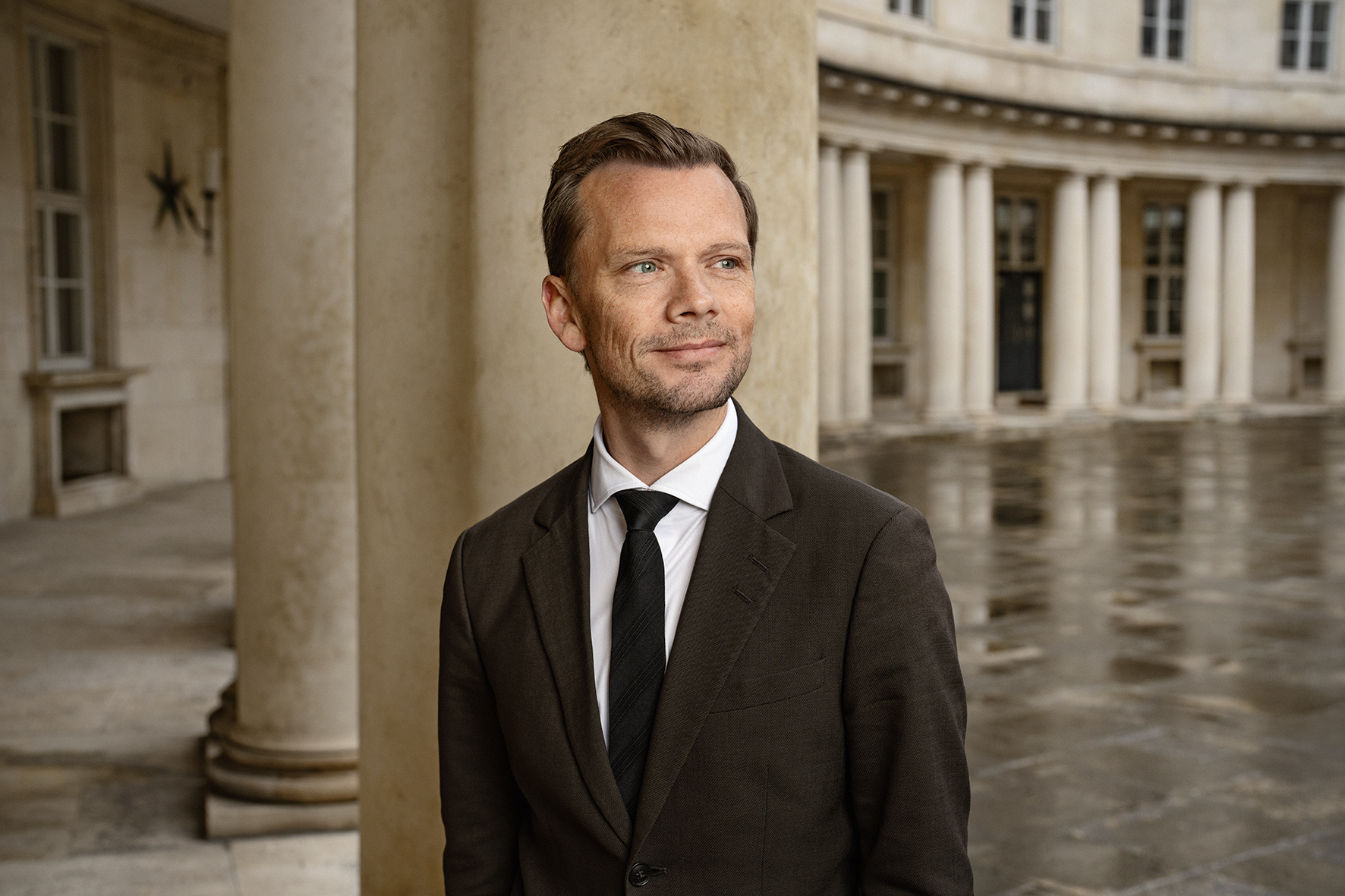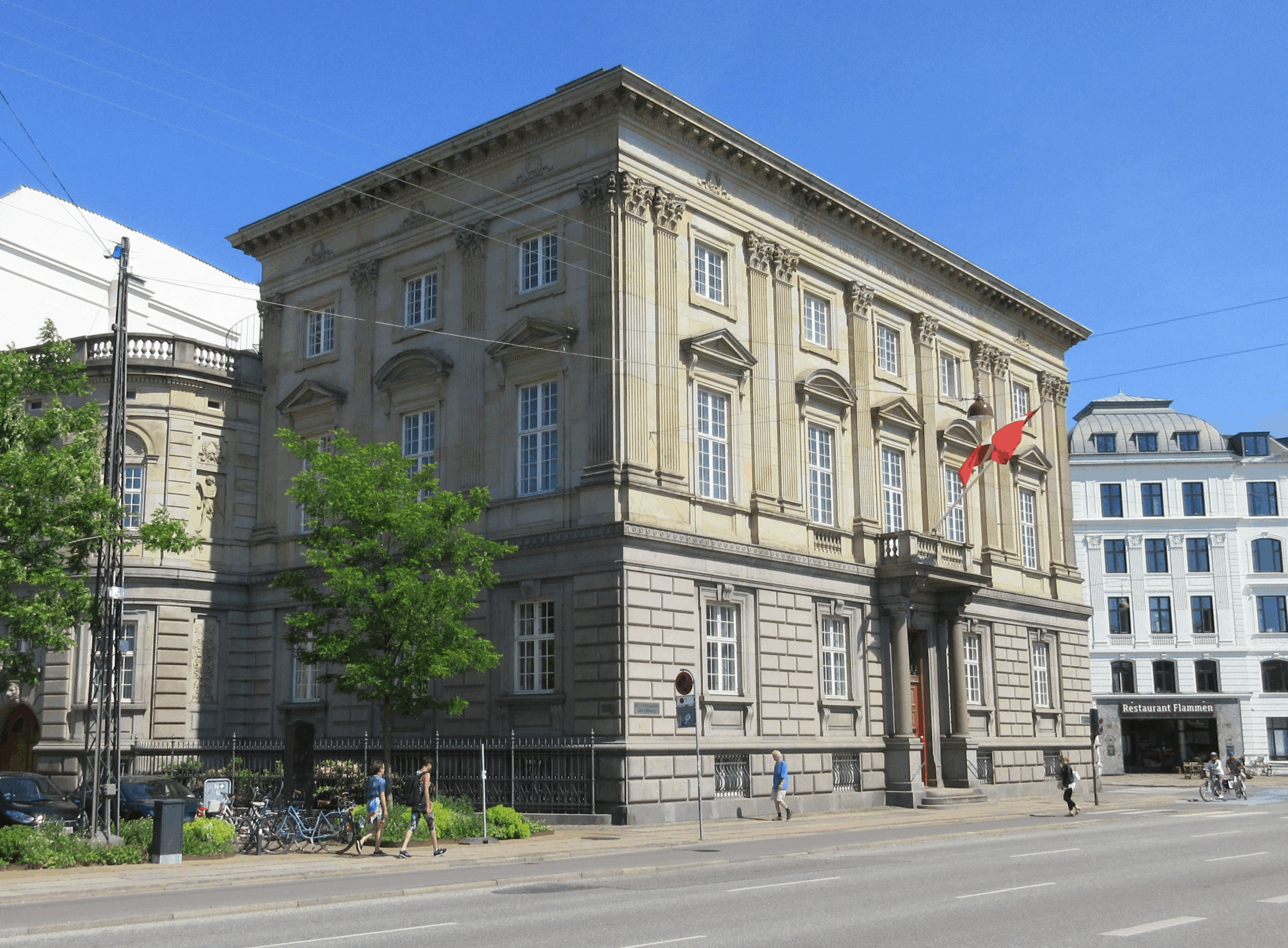Henrik Sass Larsen, the group chairman of Socialdemokratiet, would like to see a new model for the processing and detention of asylum-seekers instituted in Denmark.
He argues that immigration is now such a major political issue that this kind of measure is necessary in order to reassure the domestic population and prevent the kind of rightward-swing that allowed Donald Trump to come to power.
READ ALSO: Asylum-seeker numbers till low in Denmark
Larsen has been drawing inspiration from the Canadian and Australian model, DR Nyheder reports.
Processed offshore
In the case of Australia, asylum-seekers coming to the country are sent to offshore processing centres while their applications are being processed. One is on the Pacific island of Nauru and the other on Manus Island in Papua New Guinea.
Even if they are granted asylum, they will not enter Australia, but be sent to one of the other countries with which Australia has an asylum agreement. Since its instigation, this measure has more or less halted spontaneous asylum-seeking in Australia.
“It’s my understanding that we should do the same here in Denmark. We are the ones that ought to control things and not people traffickers,” Larsen said in a speech in Borup on May 1.
UN-approved camps
He would like to see a system whereby asylum-seeking is done from UN-approved camps so that seekers don’t need to come to the Danish border. Should they do so, Larsen would then have them escorted politely away to the appropriate camp.
“It’s a more just way of controlling the numbers and also who we get here in the country. In that way, there would be a greater chance of integration being successful.”
As to where these camps would be situated, Larsen said: “I’m very flexible. They could be anywhere: where they are at the moment, in Lebanon and North Africa, but also perhaps in Turkey or Greece, where we could make an agreement to set up these camps so we can make sure that people are treated properly.”
Aussie camps under fire from rights groups
However, Australia’s hard-line asylum policies have also attracted considerable criticism from human rights groups.
They say conditions in the PNG and Nauru camps are totally inadequate, citing poor hygiene, cramped conditions, unrelenting heat and a lack of facilities, the BBC reports.
On top of that, Papua New Guinea’s Supreme Court ruled in April that restricting the movement of asylum-seekers who have committed no crime was unconstitutional, and the country’s prime minister has since demanded that Australia shut down the centre.













